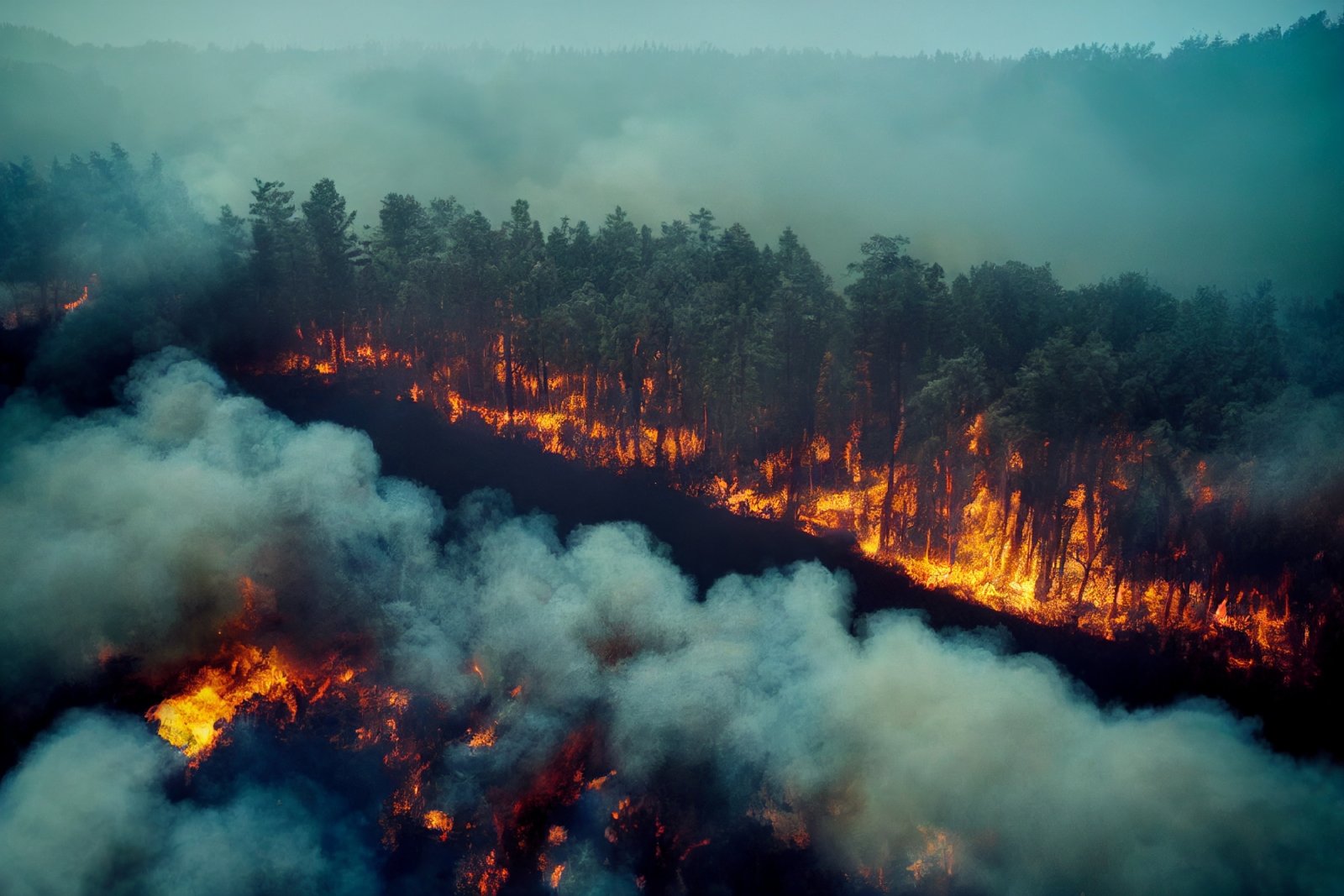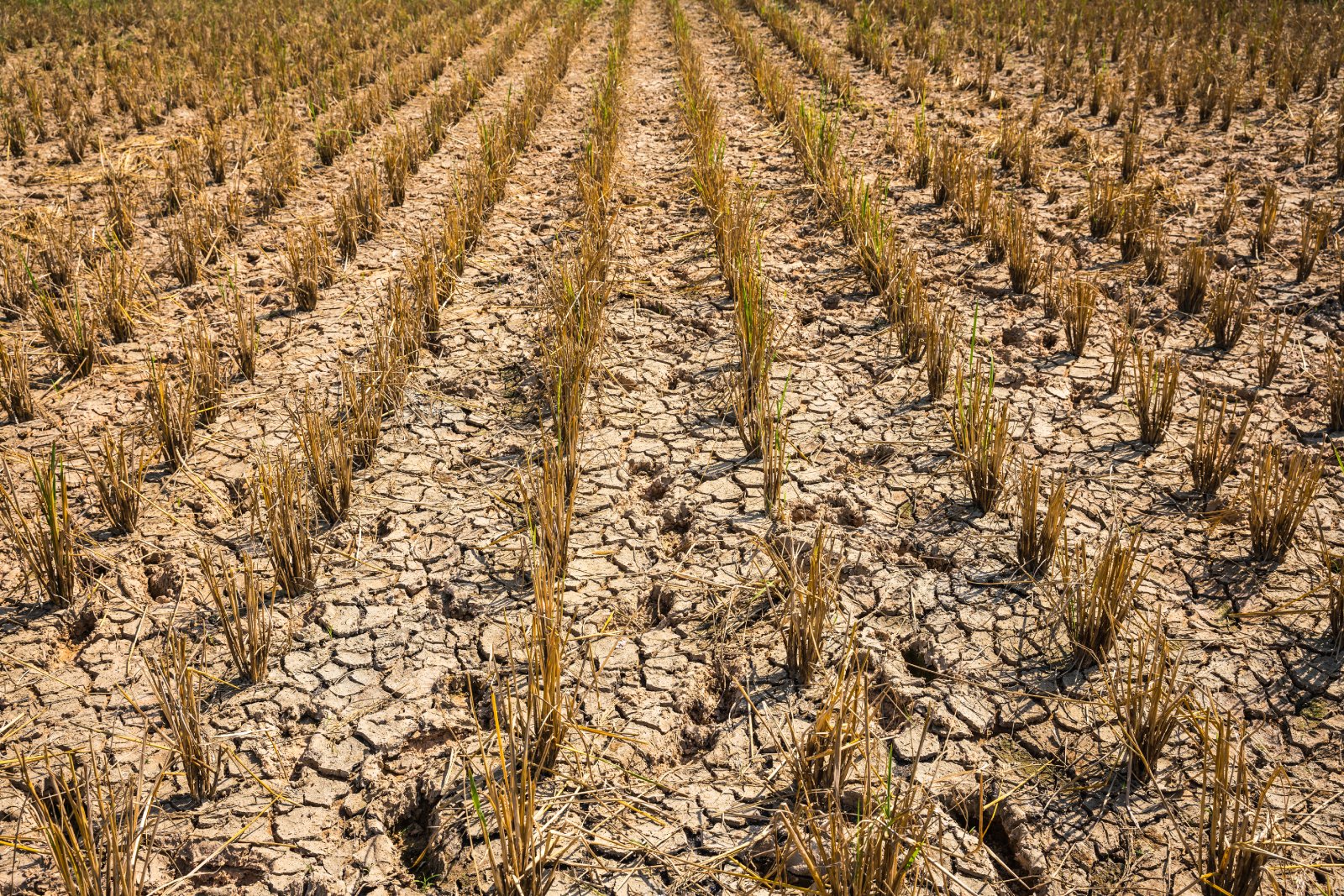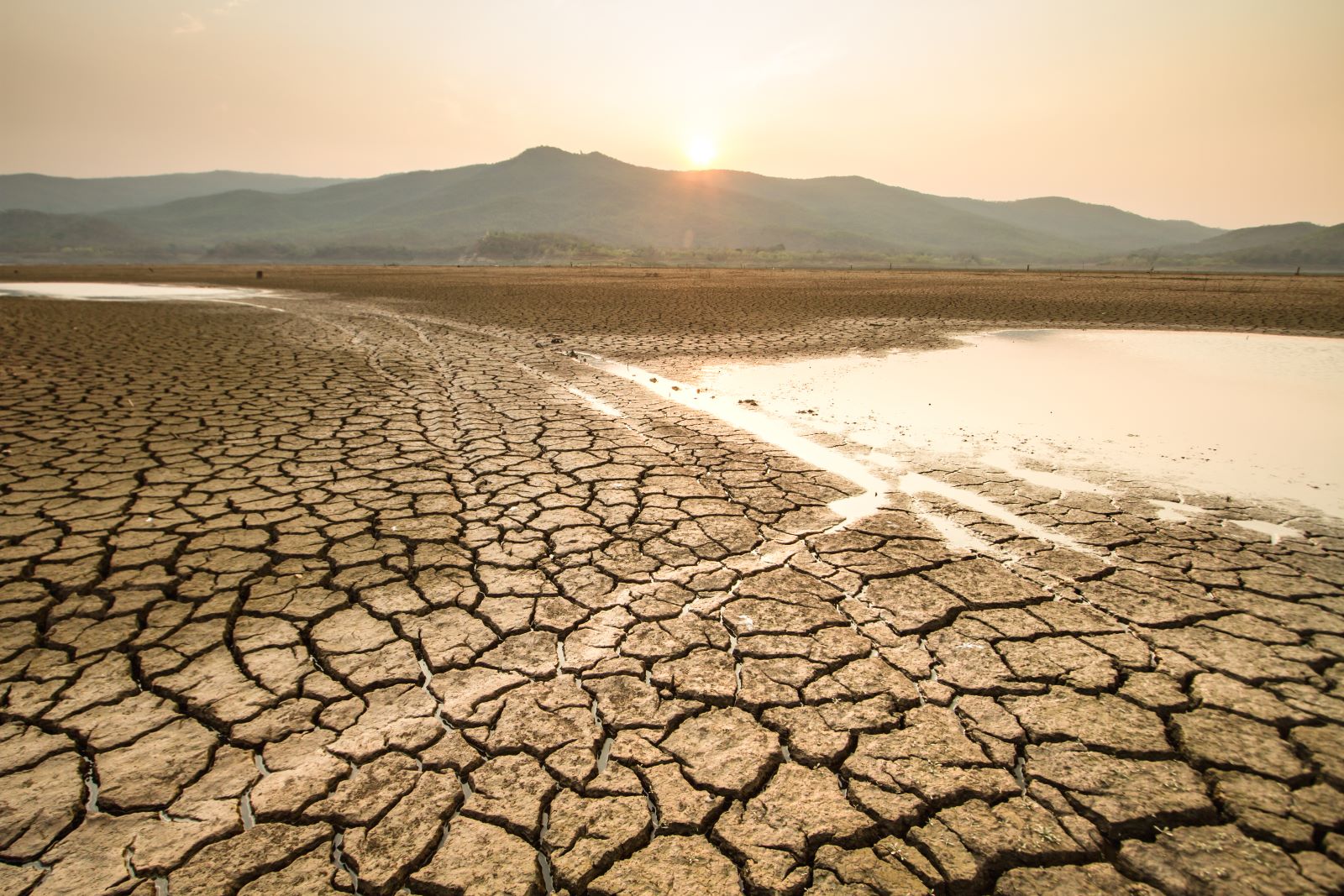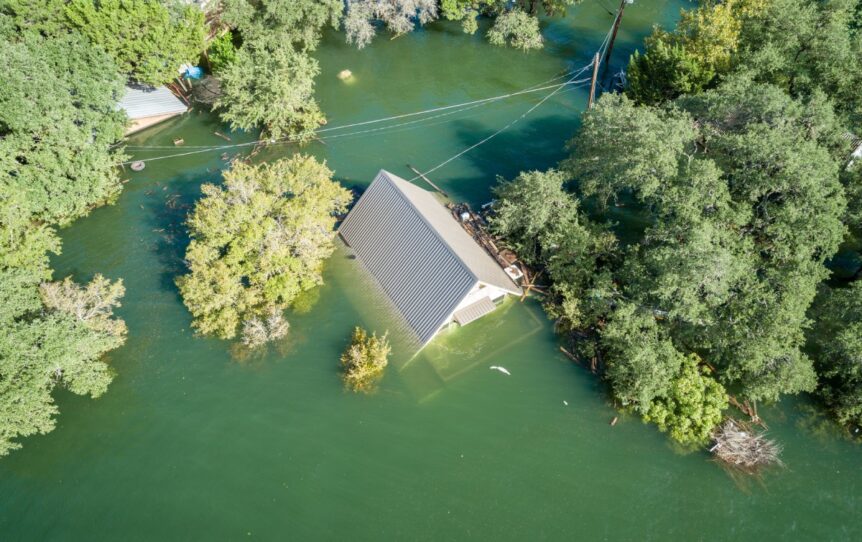As we move through 2024, the scientific community continues to issue increasingly urgent warnings about the state of our planet’s climate.
1. Record-Breaking Global Temperatures

Image Credit: Shutterstock / aleks333
In 2024, global temperatures have already surpassed the critical 1.5°C threshold above pre-industrial levels multiple times. According to the IPCC, exceeding this threshold consistently increases the risk of triggering irreversible climate tipping points, such as the loss of the Amazon rainforest or the collapse of the Greenland ice sheet.
2. Ocean Heat at All-Time High

Image Credit: Pexel / Sebastian Voortman
Global sea surface temperatures in 2024 are the highest ever recorded, driven by both human-induced climate change and the ongoing El Niño. These elevated temperatures are causing widespread coral bleaching and threatening marine biodiversity on an unprecedented scale.
3. Arctic Ice Melting at Accelerated Rates

Image Credit: Pexel / Chen Te
The Arctic is warming four times faster than the global average, with the summer sea ice extent in 2024 reaching its second-lowest level on record. This rapid ice loss is contributing to rising sea levels and disrupting global weather patterns, leading to more extreme weather events.
4. Severe Wildfires Fueled by Drought

Image Credit: Shutterstock / M. Federico
2024 continues to see record-breaking wildfires, particularly in North America and Southern Europe. These fires, exacerbated by prolonged droughts, have destroyed millions of acres of forest, releasing vast amounts of carbon into the atmosphere and further accelerating climate change.
5. Ocean Heat Content and Sea Level Rise

Image Credit: Shutterstock / William A. Morgan
The global ocean has absorbed 90% of the excess heat generated by greenhouse gas emissions, resulting in record-high ocean heat content in 2024. This accumulation of heat is driving sea level rise at an alarming rate, with the global mean sea level now 4 inches (101.4 mm) above the 1993 average.
6. Food Security Under Threat

Image Credit: Shutterstock / Bule Sky Studio
The IPCC’s latest findings in 2024 indicate that even a 1.5°C increase in global temperatures could drastically reduce crop yields, particularly in maize, rice, and wheat. This poses a significant threat to global food security, especially in regions already vulnerable to food shortages.
7. Irreversible Losses in Biodiversity

Image Credit: Pexel / Tom Fisk
Biodiversity loss is accelerating, with nearly 1 million species at risk of extinction due to habitat destruction, climate change, and pollution. The 2024 IPCC report emphasizes that the loss of these species will have profound impacts on ecosystem services that are vital for human survival.
8. Shrinking Carbon Budget

Image Credit: Shutterstock / N.Minton
The 2024 “10 New Insights in Climate Science” report stresses that the carbon budget for keeping global warming below 1.5°C is nearly depleted. Immediate and radical reductions in fossil fuel use are essential to avoid catastrophic climate outcomes.
9. Intensifying El Niño Events

Image Credit: Shutterstock / Piyaset
The 2024 El Niño has exacerbated global temperature rises, contributing to extreme weather conditions worldwide. Scientists warn that these events are becoming more intense due to climate change, leading to more frequent and severe natural disasters.
10. Record Sea Level Rise

Image Credit: Shutterstock / MainlanderNZ
2024 marks the 12th consecutive year of record sea level rise, driven by melting ice sheets and thermal expansion of seawater. This relentless increase is threatening coastal communities globally, with projections indicating even more rapid rises if current trends continue.
11. Rapid Glacier Melting

Image Credit: Shutterstock / Rajat Chamria
Glaciers are melting at unprecedented rates in 2024, with some regions losing up to 60% of their ice mass compared to pre-industrial levels. This rapid melting is contributing significantly to sea level rise and is expected to continue accelerating as global temperatures increase.
12. Increasing Frequency of Deadly Heatwaves

Image Credit: Shutterstock / New Africa
In 2024, several regions experienced heatwaves that pushed temperatures above 45°C (113°F), resulting in thousands of deaths. The frequency and intensity of these heatwaves are expected to rise, putting millions at risk of heat-related illnesses and deaths.
13. Surge in Atmospheric Methane

Image Credit: Shutterstock / Evgenii Panov
Methane levels reached new highs in 2024, increasing at a faster rate than any other greenhouse gas. This is particularly concerning given methane’s potency, which is over 80 times greater than CO2 in trapping heat over a 20-year period.
14. Exacerbation of Humanitarian Crises

Image Credit: Shutterstock / MikeDotta
Climate change is increasingly driving humanitarian crises, with millions displaced by extreme weather events in 2024 alone. The combination of floods, droughts, and storms is creating severe challenges for governments and aid organizations, particularly in regions like Sub-Saharan Africa and South Asia..
15. Tipping Points on the Horizon

Image Credit: Shutterstock / Postmodern Studio
The 2024 IPCC report warns that we are dangerously close to triggering multiple climate tipping points, such as the collapse of the Greenland ice sheet and the disruption of the Atlantic Meridional Overturning Circulation (AMOC). These events could lead to abrupt and irreversible changes in the global climate system.
Time is Ticking

Image Credit: Shutterstock / Maurice Volmeyer
This latest research from authoritative sources paints a worrying picture of what lies ahead if significant actions are not taken immediately. Will we act before it’s too late?
Featured Image Credit: Shutterstock / Roschetzky Photography.
The images used are for illustrative purposes only and may not represent the actual people or places mentioned in the article.
For transparency, this content was partly developed with AI assistance and carefully curated by an experienced editor to be informative and ensure accuracy.


